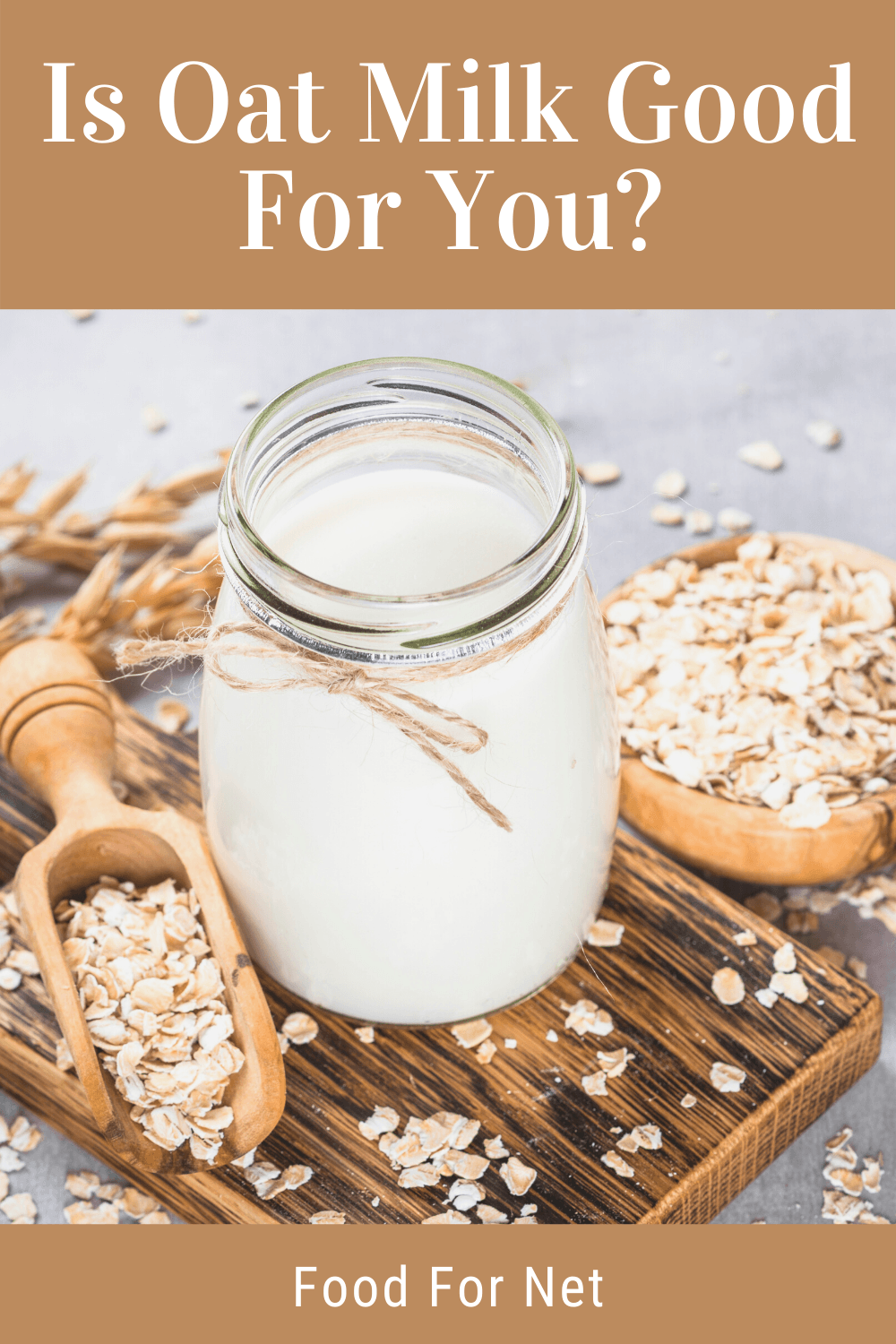
Oat milk was once an obscure option. Now, it’s growing in popularity, even outpacing almond milk and soy milk in some places as a plant-based milk alternative. So, what is this drink anyway, and is oat milk good for you?
To answer those questions, we need to talk about what oat milk offers, including its nutritional profile, along with how you’re going to use the milk. After all, oat milk might be fine as an addition to your coffee and a poor choice in other situations.
Not surprisingly, oat milk isn’t milk in the traditional sense. Instead, it’s a plant-based product, designed to be used as an alternative to milk. The ‘milk’ is simply made by blending oats and water, then straining the liquid out.
It can be used in the same way as cow’s milk and other plant-based milks, although flavor and nutrition vary from one type of milk to the next. You can even use oat milk as a substitute for almond milk.
Is Oat Milk Good For You?
Benefits Of Oat Milk
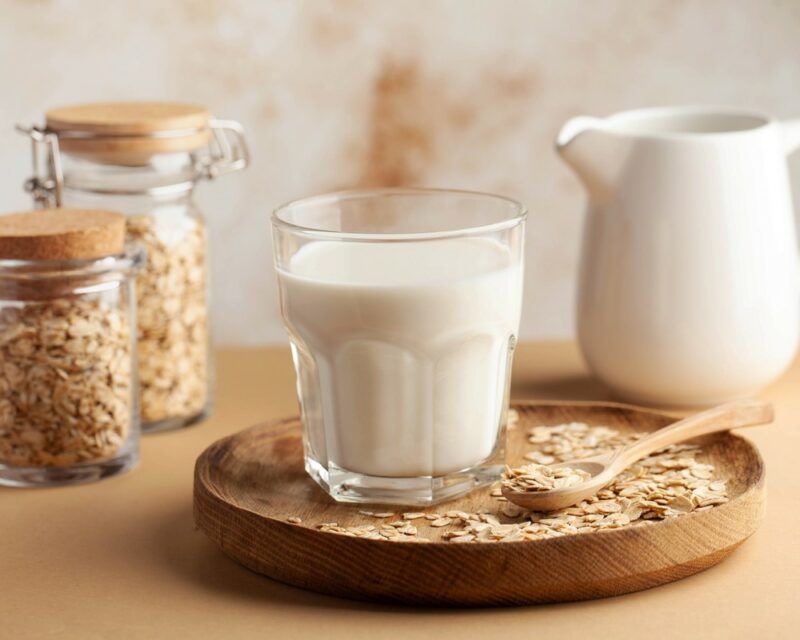
It’s Plant-Based And Lactose Free
Oat milk is often used as a way to avoid dairy milk.
The shift towards plant-based milk is becoming more common these days. Many people are worried about the impacts of dairy farming on animals or the environment, while others feel that dairy itself might harm our health.
Besides, dairy milk isn’t the amazing health food that it’s often presented as. Sure, you get a decent amount of protein, calcium, and other nutrients from milk, but the same nutrients can easily be found elsewhere.
This means that you can easily choose a plant-based option like oat milk. Just make sure that whatever product you choose fits into your diet well.
The Fiber Content
While dairy milk never contains fiber, most types of plant-based milk contain at least a little. Oat milk wins over the other options, often giving you around 2 grams of fiber per cup.
This isn’t an exceptionally high amount of fiber (you’ll get much more from your food). Still, if you’re not eating enough fiber, getting some through your milk is a fantastic idea.
Offers Some Protein And Nutrients Too
Oat milk does contain protein. The amount strongly depends on the brand that you choose. But, as a general rule, you’re getting less protein than with dairy milk or soy milk, but more than with any type of nut or seed milk.
The nutrient content isn’t amazing, but you are getting some nutrients, along with plant-based compounds from the oats.
Then there’s fortification. Some manufacturers fortify their products with nutrients like vitamin D and calcium, to make them more similar to dairy milk. You may not absorb as much of these nutrients as you would from dairy milk, but you’ll still be getting some.
Could Have Health Benefits
Oats themselves are linked to many benefits. They can help with your digestion, while also lowering your cholesterol levels. Some of these effects may come through with oat milk too.
In fact, one study did show a cholesterol-lowering effect from oat milk specifically. The authors of that study also showed that the oat milk contained some beta-glucan, a type of soluble fiber that may be why oats are so good for you.
It’s Shelf Stable
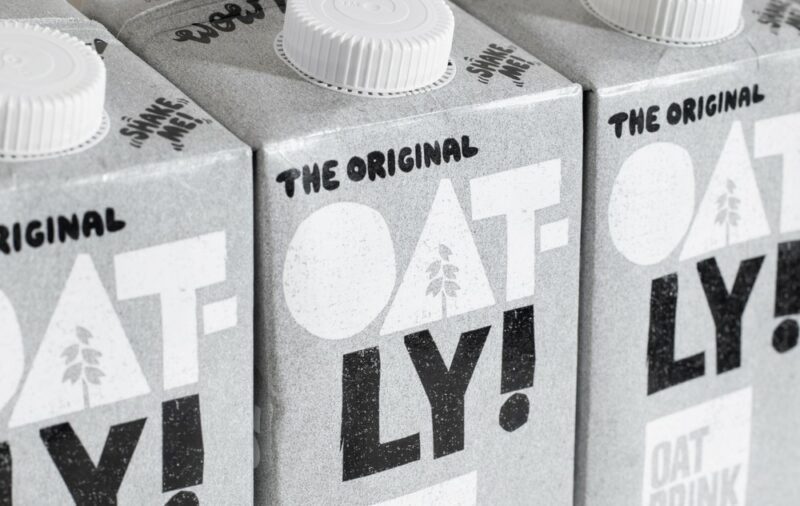
Like most types of plant-based milk, oat milk doesn’t need to be refrigerated until it has been opened. Once you’ve started on it though, you will need to keep your milk in the fridge. It should last at least a week, giving you enough time to get through a carton before it goes off.
The shelf life of oat milk means that it’s easy to stock up. You can buy several cartons at once, without worrying about how fast you’ll get through them.
The Flavor And Texture
The taste of oat milk can be a little surprising. It actually tastes much like cow’s milk. There’s a slight oat flavor too, but this isn’t as strong as you might expect.
That’s not all. Oat milk also has a similar texture to dairy milk. This texture isn’t exactly the same, of course, but it’s closer than most other plant-based milks. As such, oat milk is a great entry into the world of non-dairy milk. Even people who aren’t convinced about the idea may find that they love oat milk.
The balance of flavor and texture makes oat milk versatile. You can use it instead of milk in many situations, without risking a clash of flavors.
The Problems With Oat Milk
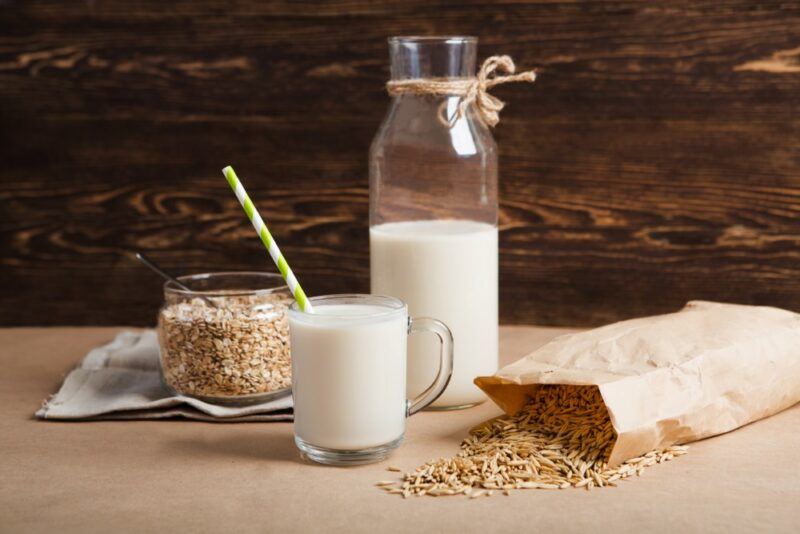
It’s High In Carbs
Oat milk is a high carb choice, with a cup of the milk giving you more than 15 grams of net carbs. This carb content makes the milk a poor choice for anyone on a low carb or keto diet.
There’s also plenty of debate about carb consumption anyway. Some people argue that most carbs, except for fiber, should be avoided, as they spike your blood sugar, promote weight gain, and may increase disease risk. Others feel that carbs can be healthy, especially when they’re found in healthy whole foods.
You’ll need to decide for yourself whether carbs are something to avoid or to consume regularly. Either way though, oat milk isn’t the same as getting carbs from oats themselves, as the amount of fiber per serving is much lower.
Not As Nutritious As Dairy Milk
While oat milk naturally contains more nutrients than almond milk, it still lacks some of the nutrients that you find in dairy milk. This means that it can’t be a complete milk replacement, particularly not for toddlers and young children.
With cow’s milk, you’re getting around 8 grams of protein per cup. The milk is a complete source of protein too, giving you all the essential amino acids, as well as nutrients like calcium.
Oat milk just isn’t as powerful.
This isn’t a reason to avoid oat milk. Just be certain that get any missed nutrients elsewhere in your diet.
Oats Are A Type Of Grain
Whole grains are often seen as nutritious, healthy, and a source of complex carbs. Still, some people react poorly to grains, experiencing digestive problems and other symptoms.
If this is the case for you, oat milk will never be a great choice. Similarly, you mightn’t be able to drink oat milk on any type of diet that excludes grains, like the paleo diet.
The Extra Sugar And Other Ingredients
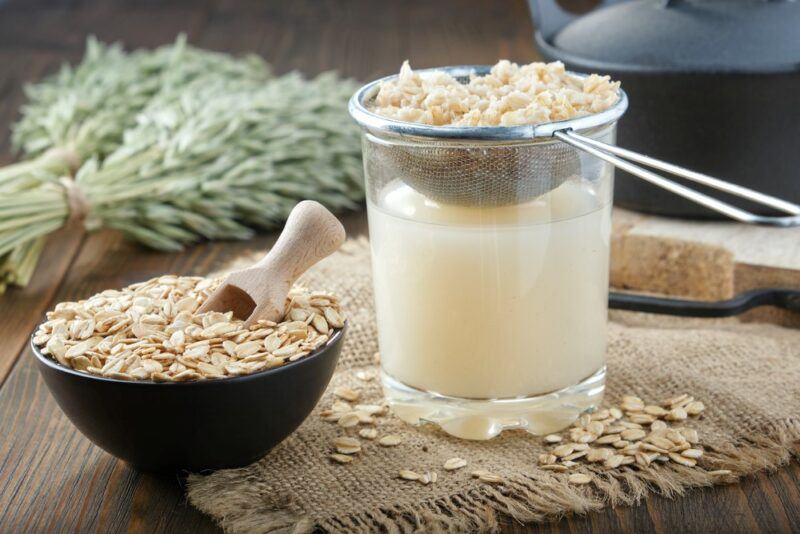
Many companies use extra ingredients to make their plant-based milk products taste better. You might see sugar, fillers, flavors, or other ingredients, none of which are ideal. Other brands might skip the sugar and use artificial sweeteners instead.
These ingredients are all legally considered safe and have been studied in humans. Still, some of them are controversial. They could even be harmful if you have them too often.
Let’s not forget about the sugar either. Too much sugar means more calories, which then contributes to weight gain. Sugar could lead to other problems too, like inflammation, diabetes, and increased risk of some diseases.
Many of us are already consuming too much sugar. We don’t need any more.
These patterns mean that you should choose your oat milk brand carefully. Look for products that are as natural as possible, ones that don’t rely on additives and aren’t high in sugar.
Don’t forget that oat milk from a café may contain additives and sweeteners too. Many places rely on barista-style plant-based milks, which have extra stabilizers that make them easier to work with.
You Need To Shop Around
There’s a surprising amount of variation among oat milk products, including differences in their calorie, fiber, and protein content. Unsweetened versions are also harder to find than you might expect, with some brands only offering regular oat milk.
This variation makes it important to shop around and read ingredients labels carefully. It might take a little while to find a product that works for you.
Is Oat Milk Gluten Free?
Oats are naturally gluten free, so oat milk is as well. However, you need to choose the brand carefully, as cross-contamination between wheat and oats is common.
Look for products that say they are certified gluten free or something similar. Such products should have been tested to make sure there is no gluten contamination.
You may also see the term purity control oats. These oats may be more reliably gluten free, as they’re manufactured and grown in environments that are entirely free from gluten.
Watch Out For Cross-Reactions
Also, while oats don’t contain gluten, they do have a protein that looks similar. The similarity between the two can cause gluten-like reactions in some people.
Symptoms like headaches, brain fog, anxiety, muscle pain, or digestive problems from gluten free oat milk could mean that you’re reacting to the protein in oats. If this is the case, you might need to drop oats out of your diet too.
How Do You Use Oat Milk?
The simplest way to use oat milk is instead of dairy milk in your coffee. This might even be the reason that you tried oat milk to begin with.
Of course, that’s just one option. You can also use oat milk over cereal, in a smoothie, or as part of a recipe.
If you haven’t used oat milk much in the past, then it’s best to start with recipes that rely on oat milk. After all, oat milk isn’t going to behave exactly like regular milk. It will work well as a replacement in some cases and poorly in others. Finding recipes that rely on oat milk helps ensure that you’ll get a good result.
Alternatives To Oat Milk
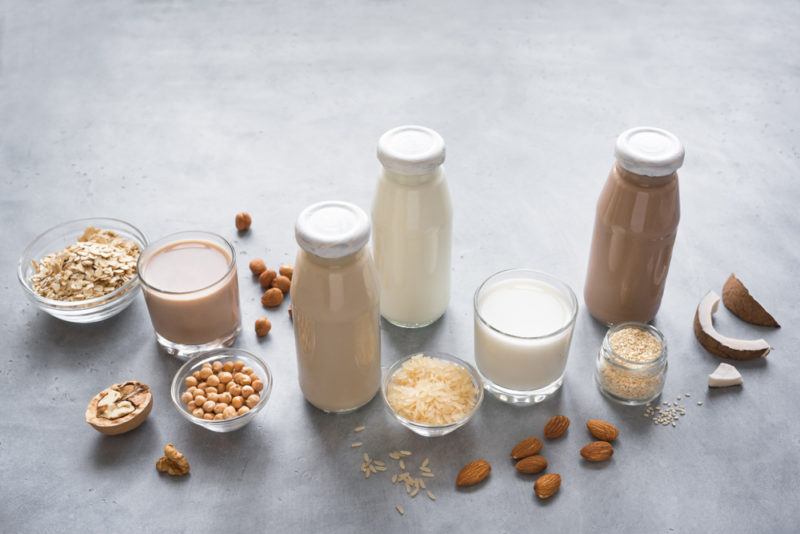
Milk from cows is the most obvious alternative to oat milk. Dairy milk has more nutrients but is also higher in saturated fat and contains lactose. Although, let’s be honest, most people interested in oat milk are avoiding regular milk anyway, so let’s look at the other options.
- Almond Milk. Made from almonds and water, almond milk is an easy go-to, as long as you’re not allergic to tree nuts. It’s a low carb choice, making it perfect for keto dieters. However, you don’t get many nutrients from the almonds, as the ‘milk’ is mostly made up of water.
- Other Nut Milks. Almonds aren’t your only option. Plant-based milk can be made from other nuts too, including cashew nuts and macadamia nuts. You end up with a similar product each time, although each type of milk tastes slightly different.
- Coconut Milk. This rich and creamy milk comes from coconuts. It’s an easy choice for keto and paleo dieters. Plus, it contains some MCTs, which could help with your health. Just watch out for the fat and calorie content, especially if you’re having the milk regularly.
- Hemp Milk. This type of milk is made from hemp seeds, it’s relatively low in calories and carbs, while containing more fat than oat milk, soy milk, and almond milk. This fat is mostly polyunsaturated, making hemp a healthy choice.
- Lactose Free Milk. If your main goal is to avoid lactose, then lactose free milk can be an interesting approach. This isn’t a type of plant-based milk. Instead, lactose free milk is regular cow’s milk where the lactose has been removed. Specifically, the enzyme lactase is used to break down the lactose. That’s the same chemical reaction that’s meant to happen in our bodies. The process gives you something that tastes almost the same as cow’s milk (just slightly sweeter) and is still free from lactose.
- Rice Milk. Made from rice, this type of milk tends to be watery, slightly sweet, with a familiar rice flavor. While rice milk is quite versatile, it contains more carbs and calories than many other types of milk, making it less appealing for many situations.
- Soy Milk. Because this milk is made from soybeans, it suffers from the same controversies that surround other soy products. Still, the milk is often thick and creamy, with a decent amount of protein.
Should You Try Oat Milk?
Oat milk has many good features, including the low fat content, lack of cholesterol, and the fact that it’s lactose free. You’re also getting some benefits from beta-glucan.
The biggest drawback is the nutrient profile, which isn’t as powerful as dairy milk. Does this mean you should skip oat milk? Not at all. Milk is hardly the only place to get high-quality protein and nutrients. Including some extra nutrient-dense foods in your diet would be an easy way to make up the difference.
Oat milk is also high in carbs. So, if you’re on a low carb diet, you’ll need to choose another product, like almond milk or coconut milk.
In the end, whether you use oat milk or not comes down to one simple question – do you like it? Plant-based milks all taste a little different than regular milk. They can behave differently too or have their own distinct texture. The trick isn’t to find the most nutritious option, but to find one that you enjoy. This is even more crucial if you’re going to use the milk in your coffee every day.
Frequently Asked Questions
Does Oat Milk Go Bad?
Oat milk tends to last longer than dairy milk and some other plant-based milks, but will eventually go bad. Key signals include changes to the taste, texture, and color of your milk.
In particular, spoiled milk often becomes lumpy and somewhat slimy. You might notice a change in color too or even some mold growing within the milk.
Looking for change is crucial, as oat milk products are all a little different from each other, so they don’t all go bad in exactly the same way.
Can You Froth Oat Milk?
Oat milk can be frothed, but doing so isn’t as easy as with cow’s milk. The foam is different too, as it doesn’t last as long and has its own distinct texture.
If you’re using a milk frother, it’s best to warm your milk first, then use it in the frother for around a minute. This should be enough to give you a decent foam.
If you don’t have a milk frother, shaking the milk in a jar or using a whisk will give you froth as well. Just remember to leave enough empty space for your froth.
Is Oat Milk Keto Friendly?
Oats are naturally high in carbs, which makes oat milk high in carbs as well. Sometimes you get as much as 17 grams of carbs in a single cup. You could theoretically still use oat milk if you keep the serving size very low. But, why do so? After all, many other plant-based milks are lower in carbs, including coconut milk, unsweetened almond milk, and even soy milk.
Is Oat Milk Low FODMAP?
Oat milk is low FODMAP, but only in small serving sizes. Some authors claim you can have up to half a cup without an issue, while others say you can only have around ⅛ of a cup.
Which is true will depend on your sensitivity to the FODMAPs in oats. However, it’s often best to begin cautiously. You can always increase your serving size later if the oat milk doesn’t give you any issues.
That said, plenty of other plant-based milks are safer for IBS sufferers, including coconut milk, rice milk, and almond milk. These might be a safer bet. After all, an ⅛ cup serving of oat milk is too low to be very helpful.
Is Oat Milk Good For Weight Loss?
Oat milk can help with your weight loss journey, especially if you focus on an unsweetened version. It’s an interesting choice, as oat milk contains more fiber than many other plant-based milk.
However, oat milk has its downsides too, as it contains a similar amount of calories as dairy milk, but is much lower in protein. The lower protein content makes oat milk less satisfying, which isn’t so helpful for weight loss.





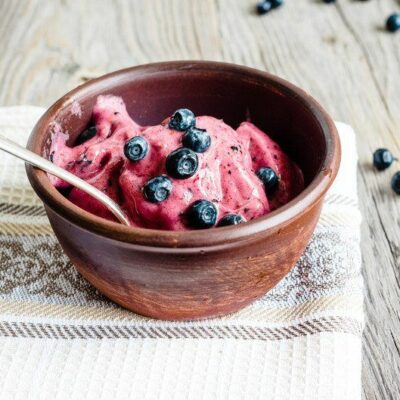

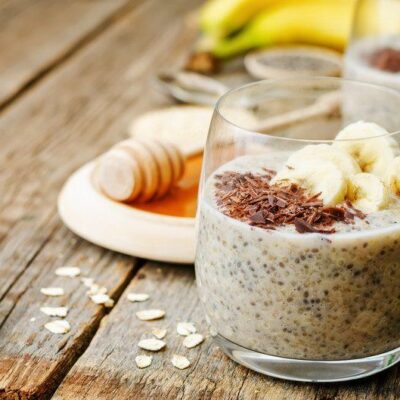


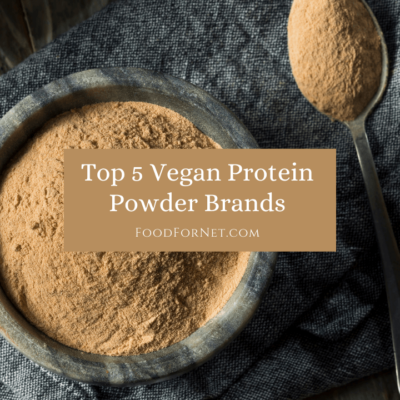
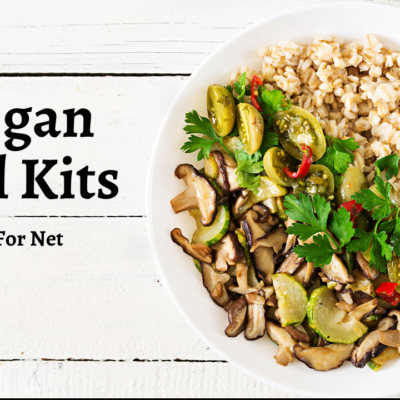



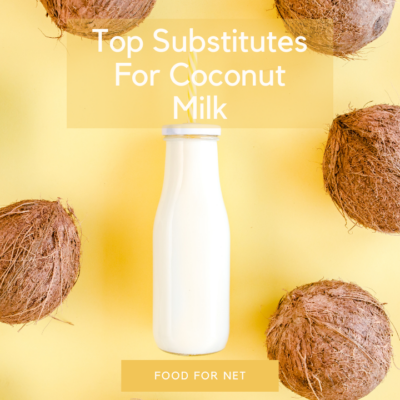
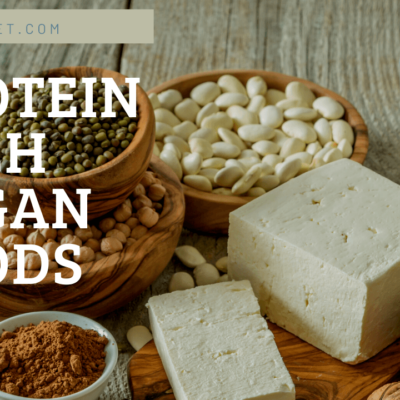
 Is Soy Milk Good For You?
Is Soy Milk Good For You?
Leave a Reply